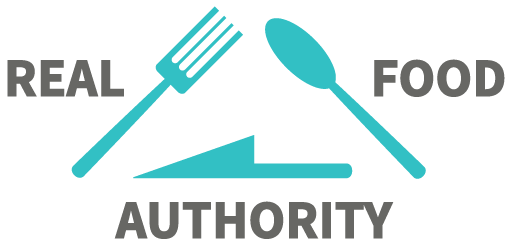Reality is what is lost on social media.
We emphasize the best versions of ourselves instead of the real versions.
Here are two ways to be less influenced by social media and some tips to follow on how to clean up your social media accounts.
- Reduce your time on social media.
This can be a challenge since we live in a culture that puts such a high value on social media outlets. But that doesn’t mean it’s impossible.
Allow yourself five to ten minutes a day to check your social media accounts and then be done with it. Especially avoid looking at profiles of people who trigger thoughts of comparison. You have nothing to gain in doing so besides anxiety and sadness.
- Redirect your focus on the things that really matter.
When you direct your attention toward the real world, you have less time and energy to direct toward meaningless activities such as social comparisons.
Focus on a high-energy work out at the gym or finishing a book you’ve been putting off. Immerse yourself in activities that leave you feeling better for having engaged in them.
I love these tips from fellow RDs who are trying to pave the way towards a more positive social media world.



















